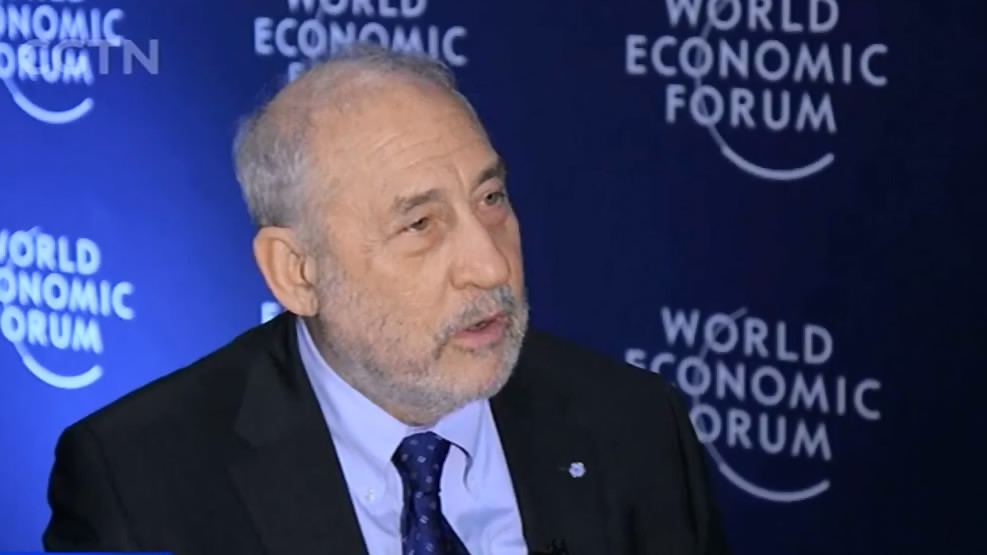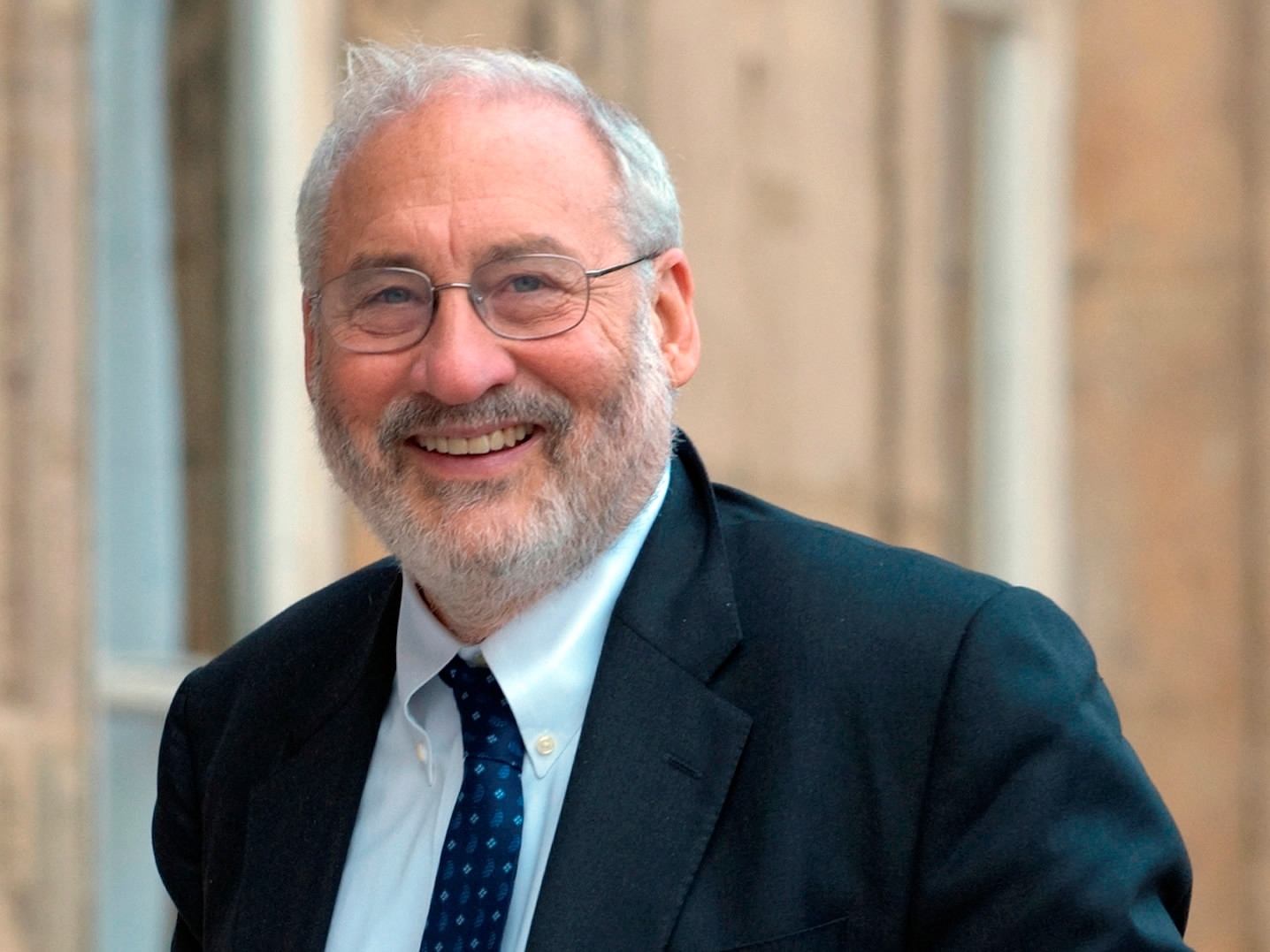
Business
22:36, 02-Feb-2018
Nobel Laureate prescribes social protection without protectionism
CGTN's Peng Xiaoyun

Nobel Prize-winning economist Joseph Stiglitz believes that safeguarding social contracts and improving social protections are highly important as globalization goes through its share of minor setbacks.
Social protection and safety net polices could make globalization more acceptable, said Stiglitz, winner of the 2001 Nobel Prize in economics and best known for his work in fighting inequality. He proposed social protection without protectionism, a practice commonly found among Nordic countries.
Social protection has been provided through regulations, tax expenditures and public spending. Critics argue that globalization is one of the contributing factors to growing inequality and decreased social mobility, and will affect governments’ ability to provide social protection.

VCG Photo
VCG Photo
But Stiglitz said that countries need to look for new ways to provide social protection without stripping globalization away.
“The details of what works in Scandinavia would differ from Denmark, Norway and other countries. Each country has to figure out precise program for itself,” he said.
Despite social and economic progress in recent decades, individuals have less economic security today in many countries than they once did.
“People need protection through public support because we understand that ordinary individuals in a society often cannot protect themselves,” said Stiglitz.
"And if we are going to get support from our own society to push for these changes, we need to call for both globalization and social protection."
Globalization requires improvement of social protections. According to Stiglitz, good social protection can enhance individual and societal well-being as broadly defined. And there is room for improvement in social protections in most countries, including the United States.
“It has nothing to do with the size of the nation,” he said.

SITEMAP
Copyright © 2018 CGTN. Beijing ICP prepared NO.16065310-3
Copyright © 2018 CGTN. Beijing ICP prepared NO.16065310-3